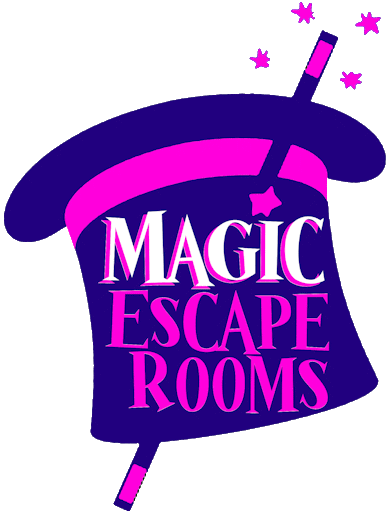The Psychology of Escape Rooms
Columbus escape rooms are captivating people of all ages and backgrounds. But what is it about these immersive experiences that makes them so universally appealing? The answer lies deep within the human psyche, where the thrill of the challenge meets the satisfaction of teamwork and problem-solving.
The Thrill of the Unknown:
Stepping into an escape room is stepping into the unknown. The mystery of the room, the ticking clock, and the unfamiliar environment create a sense of suspense and excitement. This activates the brain's reward system, releasing dopamine, the "feel-good" neurotransmitter, making the entire experience inherently enjoyable.
The Desire for Problem-Solving:
Humans are hardwired to solve problems. Escape rooms tap into this fundamental urge by presenting a series of challenges that require logic, critical thinking, and creativity to overcome. The puzzles and riddles engage our cognitive faculties, stimulating our brains and providing a sense of accomplishment when we successfully decipher a clue. This satisfaction derived from solving problems taps into our innate need for mastery and intellectual stimulation.
Teamwork and Collaboration:
Escape rooms are not meant to be conquered alone. They thrive on the synergy of teamwork. Working together, players combine their strengths, perspectives, and communication skills to tackle the challenges. This collaborative effort fosters a sense of camaraderie and shared achievement, strengthening bonds and creating lasting memories.
Time Pressure and Stress Management:
Escape rooms operate under a time constraint, adding a layer of urgency and excitement. This controlled stress environment allows participants to practice their ability to manage pressure and think clearly under time constraints. While the pressure may be intense, successfully navigating it with your team provides a valuable sense of accomplishment and stress management skills that can translate into other areas of life.
That said, at Magic Escape Rooms, we don’t make the clock the primary focus of our games. We must keep track of time, but we would rather people have a rewarding experience and not focused on how fast they beat the game.
Learning from Failure:
Not every escape room attempt results in a triumphant escape. However, even failure offers valuable lessons. Analyzing missteps, re-evaluating strategies, and adapting to unforeseen challenges are all crucial aspects of the escape room experience. This process of trial and error fosters resilience, critical thinking, and the ability to learn from mistakes, skills that benefit us beyond the confines of the escape room.
Escape from the Ordinary:
Escape rooms offer a unique opportunity to escape the everyday routine and immerse ourselves into a different world. This temporary break from reality allows us to relax, de-stress, and engage in a stimulating activity that sparks creativity and ignites our sense of adventure.
The Power of Shared Experience:
Ultimately, the appeal of escape rooms lies in the shared experience. Working together towards a common goal, overcoming challenges, and celebrating success as a team creates a powerful bond and lasting memories. It's a reminder of the power of human connection and the joy of collaborative problem-solving.
So, the next time we find ourselves playing an escape room, let’s remember that we're not just solving puzzles – we're engaging in a psychological journey that taps into fundamental human needs and desires. It's a thrilling adventure that tests skills, strengthens bonds, and leaves us with a sense of accomplishment and a renewed appreciation for the power of teamwork and problem-solving.


